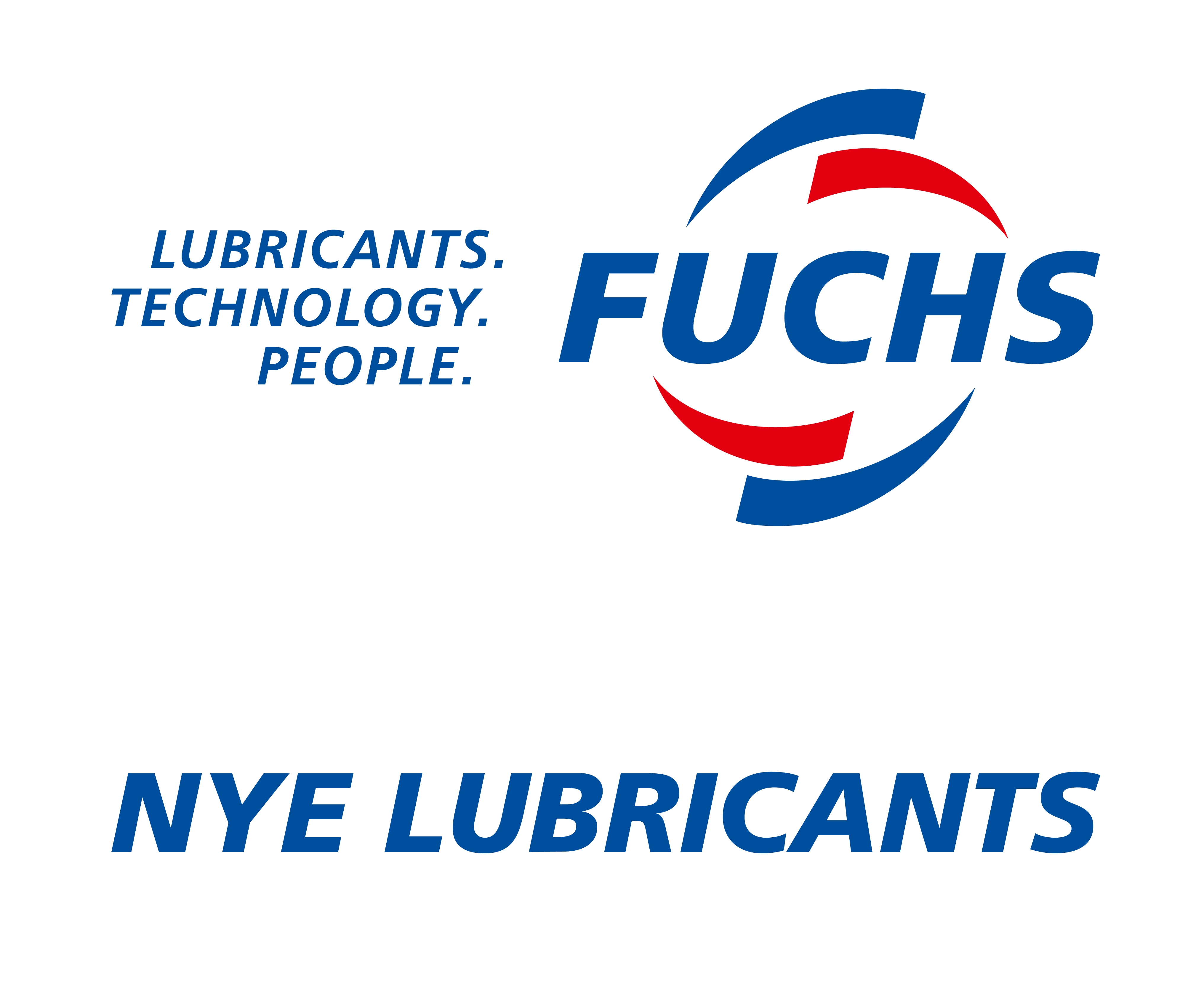Preventing Catastrophic Bearing Failure via Proper Lubrication
Originally published in Bearing Tips magazine
Catastrophes can take many forms from economic crises to fatal disasters. When these catastrophic events hit the news, the first questions usually asked are how did this happen and how can we prevent this from happening again? Often, these catastrophes caused by mechanical or human error could have been prevented with the proper precautions. Insufficient maintenance, faulty components, and a lack of or malfunctioning diagnostic technology, are a few of the preventable causes of mechanical failures. Bearings are just one component that can fail if not properly selected, protected, and maintained. The main role of a lubricant is to reduce friction and protect the bearing against conditions that can lead to failure such as increased wear from heavy loads, overheating at high temperatures, and debris that can cause corrosion. Despite the key role lubricants play, improper lubricant selection, inadequate lubricant application, and relubrication frequency remain some of the most common causes of bearing failures.

How Does Improper Lubrication Cause Bearing Failure?
“Improper” lubrication refers to a lubricant that cannot withstand the operating conditions of its application and thus cannot adequately protect the bearing against wear, corrosion, and high temperatures over the intended life cycle. A lubricant’s operating temperature range, service life, cleanliness, load and speed capability, material compatibility, and ability to withstand environmental conditions are all factors that must be considered when selecting a grease or oil for a given application.
Factors to Consider When Selecting a Lubricant
To avoid failure, a lubricant must withstand an application’s entire operating temperature range. A lubricant that cannot withstand an application’s high temperature limit may oxidize, increasing friction and potentially leaving behind byproducts that can accelerate wear and premature bearing failure. Additionally, oil can separate from a grease at high temperatures, negatively impacting the grease’s lubricity over the intended life cycle
At an application’s low temperature limit, a lubricant must maintain its structure or else it may become too stiff to properly lubricate the bearing or separate once temperatures rise. Aerospace, automotive, wind, and industrial are just a few of the industries where bearings are exposed to extreme temperature fluctuations and failure could result in safety hazards.
An application’s expected service life and its’ ability to be serviced are critical factors to consider when selecting a grease or oil. If a bearing cannot be serviced, the lubricant must last for the entire expected life of the application. If the bearing must be serviced, the lubricant must maintain its lubricity between maintenance cycles. Long-lasting lubricants can also help designers extend time between preventive maintenance cycles where downtime is expensive. Bearing test rigs like the SKF ROF+ Grease Test Rig can be used to assess a lubricants life expectancy under extreme conditions such as load and temperature.
When dirt, debris, water, and other impurities contaminate a lubricant, the added particles can introduce new sources of friction that can accelerate bearing wear. In precision bearings or bearing applications where high vacuum is present, even microscopic particles can cause major problems as they can act like a “speed bump” in the motion of the bearing. These speed bumps translate into increased noise, vibration, wear and ultimately can be an initiation point for fatigue spalling, resulting in early bearing failure. Contamination in any factory setting can cause expensive downtime and have a significant economic impact. In the semiconductor industry, for example, failed precision bearings within manufacturing robotics could lead to a global chip shortage with widespread effects over several industries.
For precision and torque sensitive bearings, filtration or ultra-filtration is recommended to remove unwanted substances or contamination from a grease or oil. Ultrafiltration is a rigidly controlled filtering process that detects and removes microscopic particulates in a lubricant during the processing and packaging of the product.
Corrosion can be caused by several factors including exposure to harsh chemicals, like salt, acids, and moisture in the form of water or even humidity or condensation. Surgical power tools are one example of bearings that are exposed to steam via sterilization where a bearing failure could be a potentially fatal hazard. Inert lubricants will remain stable and resist breakdown in the presence of harsh chemicals. A hydrophobic lubricant or lubricant with excellent water resistance should be selected to ensure water is repelled from the bearing surface without negatively affecting the lubricating properties of the grease or oil. Anti-corrosion additives can also provide extra protection against the formation of rust and oxidative byproducts that can increase friction and wear.
Today’s bearings, and the applications they are housed in, can be made from a variety of materials from steel to ceramic to plastics. Lubricants must be compatible with all materials it may encounter.
Lubricants can “attack” certain plastics and elastomers as the base oil can infiltrate the solid material or cause the solid’s components to leach into the lubricant. The material compatibility of specific plastics and elastomers should always be tested by evaluating the physical properties of your component such as tensile strength, dimensional stability, and gravimetric stability after immersion in the lubricant. Higher temperatures and lower base oil viscosities usually exacerbate chemical incompatibility.
If a lubricant is incompatible with a certain metal, the lubricant may exhibit accelerated corrosion or undesirable polymerization or “varnishing” as the base oil degrades. These problems can be avoided early in the design phase by identifying the metal alloys used in your device and communicating this to your lubrication company so that they can analyze and test the metals compatibility with candidate lubricants and additives.
Elevated speeds and loads increase temperature, which can degrade the lubricant and ultimately bearing performance. The use of anti-wear and extreme pressure additives in lubricant formulations provide extra protection under these harsh conditions.
Consult with Experts
Premature bearing failures can be prevented. When selecting lubricants for your design, work with an expert who is knowledgeable in different lubrication characteristics and is familiar with the requirements of your application. Want to learn more? Contact Us.

